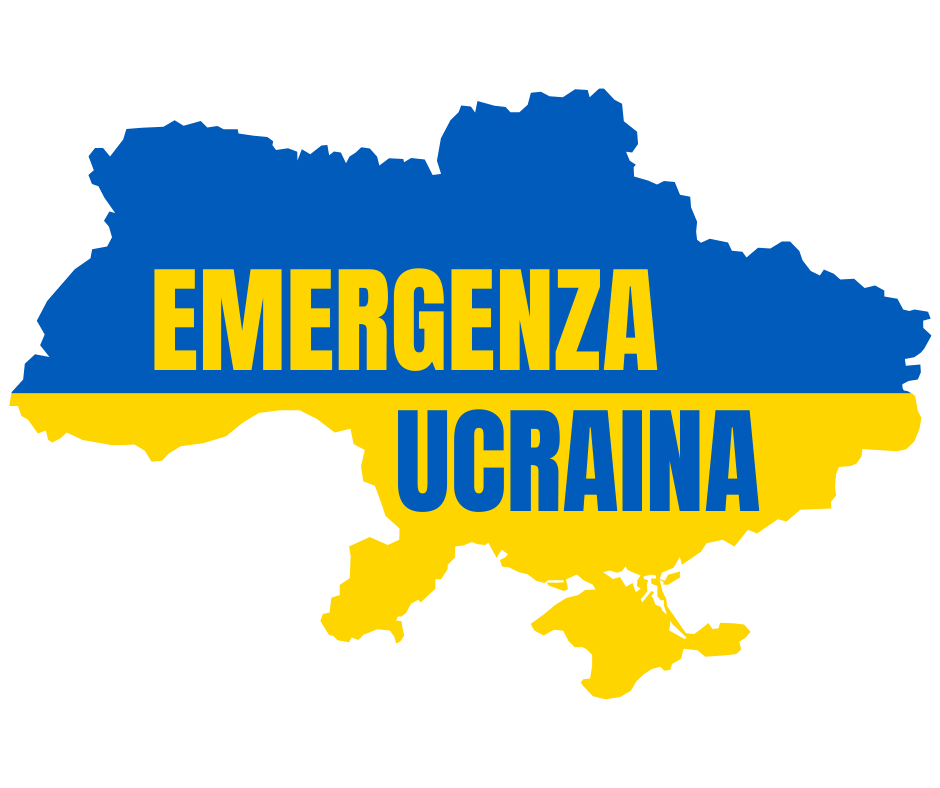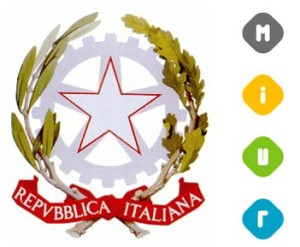Discover the Best Trusted Non-UK Casinos for Safe Online Gambling
Table of Contents
- Discover the Best Trusted Non-UK Casinos for Safe Online Gambling
- Identifying Safe Non-UK Casinos for Your Peace of Mind
- How to Verify Licensing and Regulation of Gaming Platforms
- Key Security Features to Consider in Non-UK Casinos
- Navigating Payment Methods in Reliable Non-UK Casinos
- Understanding the Safest Options for Deposits and Withdrawals
Discover the Best Trusted Non-UK Casinos for Safe Online Gambling
In the rapidly evolving landscape of digital wagering, players are increasingly looking beyond traditional boundaries. With numerous platforms available globally, selecting a non uk casino sites reliable venue can be daunting. This guide delves into a curated selection of options that ensure security, fairness, and diverse gaming experiences.
Regulatory Compliance has become a focal point for discerning participants. Many operators outside the UK adhere to stringent licensing standards. For instance, sites regulated by authorities in Malta or Gibraltar offer robust consumer protections, giving players peace of mind. These jurisdictions mandate regular audits and fair play policies, ensuring a trustworthy environment.
Game Variety is another compelling factor. Many international venues provide a rich assortment of titles, from classic table games to innovative slots. Look for platforms offering partnerships with renowned software developers like NetEnt and Microgaming to enjoy high-quality graphics and immersive gameplay. Often, these establishments feature exclusive games that aren’t available elsewhere, enhancing the overall experience.
Promotions and bonuses can add significant value to your gaming journey. Beyond standard welcome offers, many platforms present ongoing promotions tailored to engage both new and existing patrons. Be sure to scrutinize the terms associated with these incentives, particularly the wagering requirements, to maximize your gaming budget.
Customer support is vital in every aspect of virtual entertainment. Reliable venues often provide multiple contact methods, including live chat, email, and phone support. Additionally, check if they offer services in your preferred language, which can enhance communication and resolve issues more efficiently.
Identifying Safe Non-UK Casinos for Your Peace of Mind
When venturing into virtual gaming platforms outside the UK, recognizing reliable environments is crucial. Start by examining licensing credentials; reputable jurisdictions like Malta, Gibraltar, and Curacao are indicative of compliance with strict regulations.
Evaluating site security measures is paramount. Look for SSL encryption, which safeguards your data, alongside third-party audits from respected organizations such as eCOGRA or iTech Labs. This ensures fairness and transparency in game outcomes.
Payment options provide insight into legitimacy. Platforms offering a range of secure methods–such as credit cards, e-wallets, and cryptocurrencies–demonstrate a commitment to consumer safety. Additionally, transparency regarding processing times and potential fees reflects a player-centric approach.
User reviews and community forums serve as valuable resources. Real testimonials can highlight potential issues or commendable practices, offering a clearer picture of your chosen platform’s reputation. Researching these sources can lead you toward rewarding experiences.
Take note of customer support availability. A responsive team accessible through multiple channels (live chat, email, phone) indicates a readiness to assist players with inquiries or concerns. This can greatly enhance your overall experience.
Lastly, consider bonus policies. Generous promotions should come with fair wagering requirements and clear terms. Understanding these intricacies helps avoid unpleasant surprises and maximizes your enjoyment.
How to Verify Licensing and Regulation of Gaming Platforms
Understanding the regulatory framework and licensing of gaming platforms is essential for ensuring a secure experience. Follow these steps to check the legitimacy:
- Identify Licensing Authority: Research which regulatory body has issued the license. Prominent authorities include:
- Malta Gaming Authority (MGA)
- Curacao eGaming
- Gibraltar Gambling Commission
- Isle of Man Gambling Supervision Commission
- Check License Number: Most platforms display their license number at the bottom of their homepage. Verify this number with the respective regulatory body’s database.
- Read Terms and Conditions: Reviewing the terms provides insights into the rules set by the authority. Look for sections regarding responsible gaming and dispute resolution.
- Look for Secured Platforms: License information should be up to date. Be wary of any site where these details are missing or difficult to find.
- Examine Player Feedback: Online forums and review sites often share experiences. Pay attention to feedback related to licensing and compliance issues.
- Validate Security Measures: Ensure platforms employ encryption technology (such as SSL) to protect user data. Licensing bodies often require stringent measures to safeguard players.
- Scrutinize Game Fairness: Licensed sites typically engage independent auditors. Look for mentions of organizations like eCOGRA or iTech Labs that certify game fairness.
Taking the time to thoroughly evaluate these aspects can significantly contribute to a secure gaming environment. Prioritizing licensing and regulation leads to a more informed choice and enhances overall safety.
Key Security Features to Consider in Non-UK Casinos
When engaging with digital gaming platforms outside the UK, it’s crucial to prioritize several essential security elements. One of the foremost aspects is licensing. Ensure that the platform operates under a reputable jurisdiction, such as Malta or Gibraltar. These licenses signify adherence to stringent regulations, providing a safety net for users.
Another vital feature is the implementation of encryption technology. Look for sites utilizing SSL (Secure Socket Layer) encryption, which safeguards personal and financial data during transmission. This technology should be clearly stated in the platform’s privacy policy or terms of service.
Reliable payment options also play a significant role in security. Choose platforms that offer reputable and widely accepted methods, such as credit cards, e-wallets, or cryptocurrencies. Familiarity with these methodologies often indicates a commitment to secure transactions.
In addition to these, responsible gaming tools are fundamental. Platforms that provide features allowing players to set deposit limits, session timeouts, or self-exclusion options demonstrate a commitment to player welfare. These tools not only enhance safety but also promote healthier gaming habits.
Lastly, consider the availability of customer support. Accessible and knowledgeable support teams, available via live chat or email, reflect a platform’s reliability. This indicates that players can easily seek assistance in case of issues, further enhancing a sense of security.
Navigating Payment Methods in Reliable Non-UK Casinos
Selecting suitable payment options is essential for a seamless gaming experience at international platforms. Numerous methods cater to diverse player preferences, ensuring convenience and security during transactions.
Credit and debit cards stand out as common choices, offering familiarity and ease of use. Visa and Mastercard are widely accepted, granting swift deposits and often instant withdrawals. However, some platforms may impose fees for card transactions, so it’s wise to read terms beforehand.
e-Wallets have gained immense popularity, providing enhanced security and anonymity. PayPal, Skrill, and Neteller are prominent examples. These services allow users to fund their accounts without disclosing personal banking details to the gaming site. Transactions are typically instantaneous, ensuring quick access to funds.
Cryptocurrency is a rapidly emerging alternative, enabling fast, secure deposits and withdrawals while protecting user identities. Bitcoin and Ethereum are frequently supported options. Using digital currencies can also mitigate transaction fees associated with traditional banking methods.
Prepaid cards add another layer of privacy. Services like Paysafecard allow players to load funds through physical locations without linking bank accounts. This method can help manage budgets and prevent overspending.
Bank transfers remain an option for those who prefer direct transactions. While transfers might take longer compared to other methods, they often accommodate larger deposit amounts. It’s important to evaluate if any transfer fees apply when using this method.
While selecting payment avenues, prioritize security measures such as SSL encryption and two-factor authentication. Reviewing payment processing times, limits, and withdrawal policies is crucial to enhance overall satisfaction. Combining multiple methods can offer greater flexibility and control over your funds.
Understanding the Safest Options for Deposits and Withdrawals
When exploring secure methods for funding and cashing out from gaming platforms, it’s crucial to evaluate various payment solutions. Each option carries its own level of security, speed, and convenience.
Here’s a concise overview of popular deposit and withdrawal methods along with their respective advantages:
| Credit/Debit Cards | High | Instant for deposits, 1-5 days for withdrawals | 0-3% |
| E-wallets (e.g., PayPal, Skrill) | Very High | Instant for both deposits and withdrawals | 1-2% |
| Bank Transfers | Moderate to High | 1-3 business days | Varies by institution |
| Cryptocurrency (e.g., Bitcoin) | High | Usually within hours | Low transaction costs |
| Prepaid Cards | High | Instant for deposits; limited for withdrawals | Varies |
Credit and debit cards are widely accepted and offer reliable protections against fraud, making them a popular choice. E-wallets shine for their expediency; they allow players to manage funds without sharing banking details directly with the site, enhancing privacy. Bank transfers, while secure, may introduce delays due to processing times; it’s essential to confirm the exact duration with your institution.
Cryptocurrencies are gaining traction due to their decentralization, reducing reliance on traditional banking systems and allowing near-instantaneous transactions. However, potential volatility and compliance issues should be considered. Prepaid cards can be an excellent alternative for those avoiding direct banking links but may impose restrictions on withdrawals.
Always assess security certifications and encryption measures offered by your chosen method. Look for two-factor authentication and enhancement technologies to ensure your financial information remains protected throughout your transactions.






















